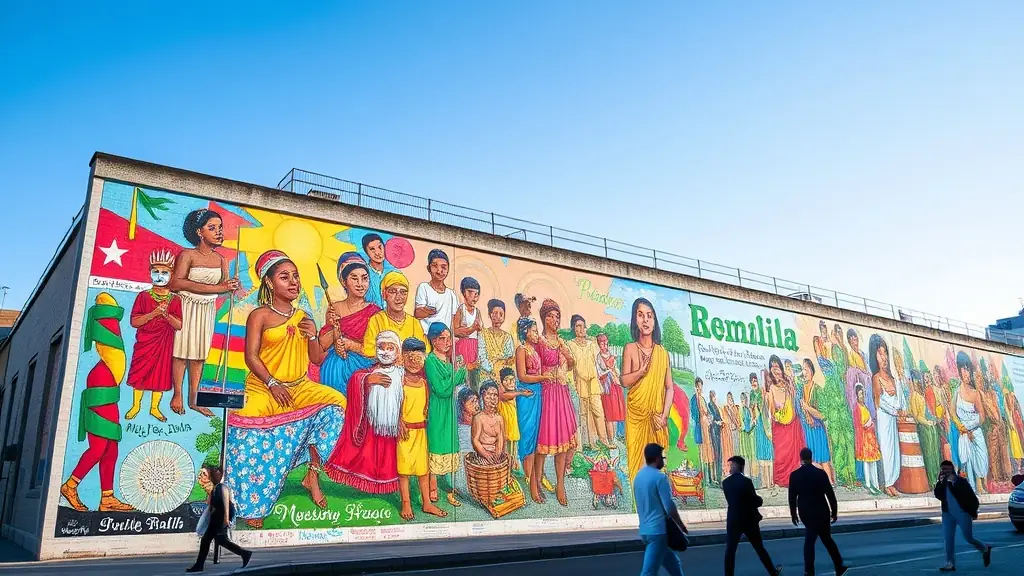Art has always been a powerful medium for expressing ideas and emotions, and its impact on society is profound. From paintings to performances, art reflects the cultural values and struggles of its time. It serves as a mirror, allowing individuals to see themselves and their experiences represented in various forms. As such, art can inspire social change by raising awareness about critical issues and encouraging dialogue among diverse communities.
Throughout history, artists have used their work to challenge societal norms and provoke thought. Movements such as Dadaism and Surrealism emerged as responses to the chaos of war and societal upheaval, pushing boundaries and redefining what art could be. Today, contemporary artists continue this tradition, addressing topics like climate change, inequality, and identity through their creations. By engaging with these themes, art not only entertains but also educates and mobilizes audiences toward action.
In our increasingly interconnected world, the role of art in shaping cultural identity is more significant than ever. As globalization brings different cultures into contact, artists draw inspiration from diverse traditions, creating hybrid forms that reflect a shared human experience. This blending of influences fosters understanding and appreciation among cultures, highlighting the importance of art as a unifying force. Ultimately, the impact of art on society is a testament to its enduring power to inspire, challenge, and transform.








